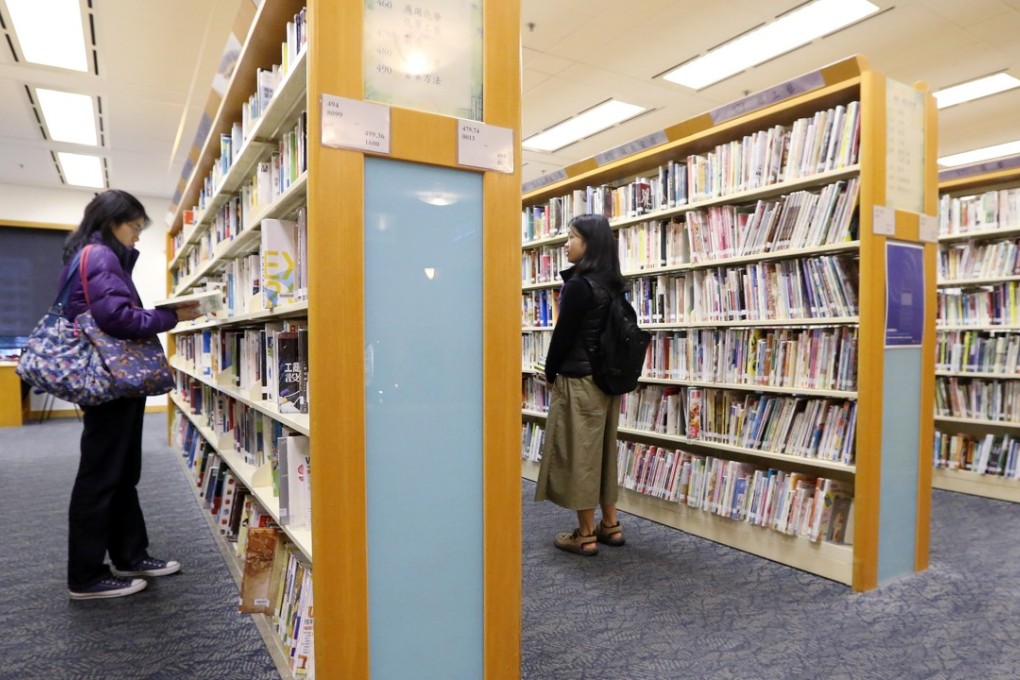Boost library lending in Hong Kong by relaxing residency rule

The Ombudsman was also concerned about the declining use of libraries by the public as the number of items loaned had dropped by more than 18 per cent in recent years. I agree with lawmaker Roy Kwong Chun-yu, advising the government on libraries, that their opening hours should be extended to midnight to attract more visitors. In the meantime, they can increase the number of patrons significantly if cross-border children and their parents are allowed to register as users and lenders.
While cross-border children living in Shenzhen are permanent residents of Hong Kong entitled to public services, they cannot apply for a library card because their parents do not have proof of a local residential address. In order to apply for a card, they have to find a Hong Kong resident to serve as a guarantor.
I have written to the Office of the Chief Executive, the Education Bureau and the Leisure and Cultural Services Department (LCSD) to propose two ways to help these children. Public libraries in Hong Kong could collect a deposit (for example, HK$1,000) from applicants living in Shenzhen in lieu of proof of address. Alternatively, the bureau could coordinate with primary and secondary schools in border areas to serve as the guarantors for cross-border applicants of library cards.
The principal of Lee Chi Tat Memorial School, where my son studies with many cross-border children, has promised to look into the matter and help parents.
In all fairness to the LCSD, I do not believe that public libraries have set up the library card application procedures purposefully to discriminate against cross-border children. Nevertheless, it is time for the department to reassess its rigid requirement of proof of local address to serve the eligible patrons living in Shenzhen.